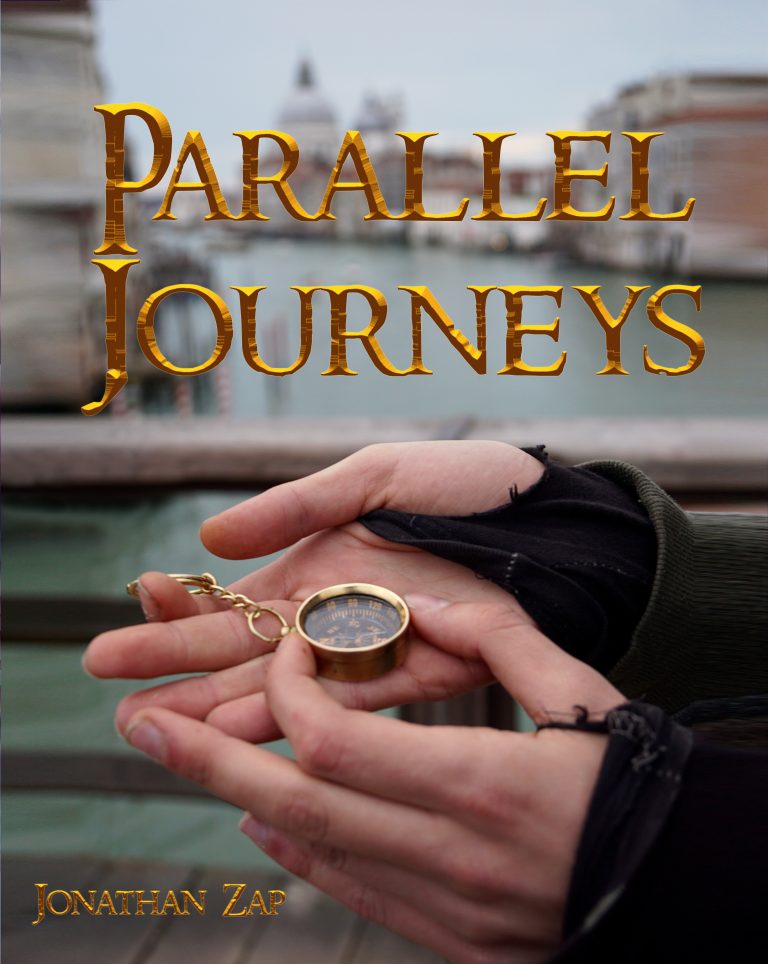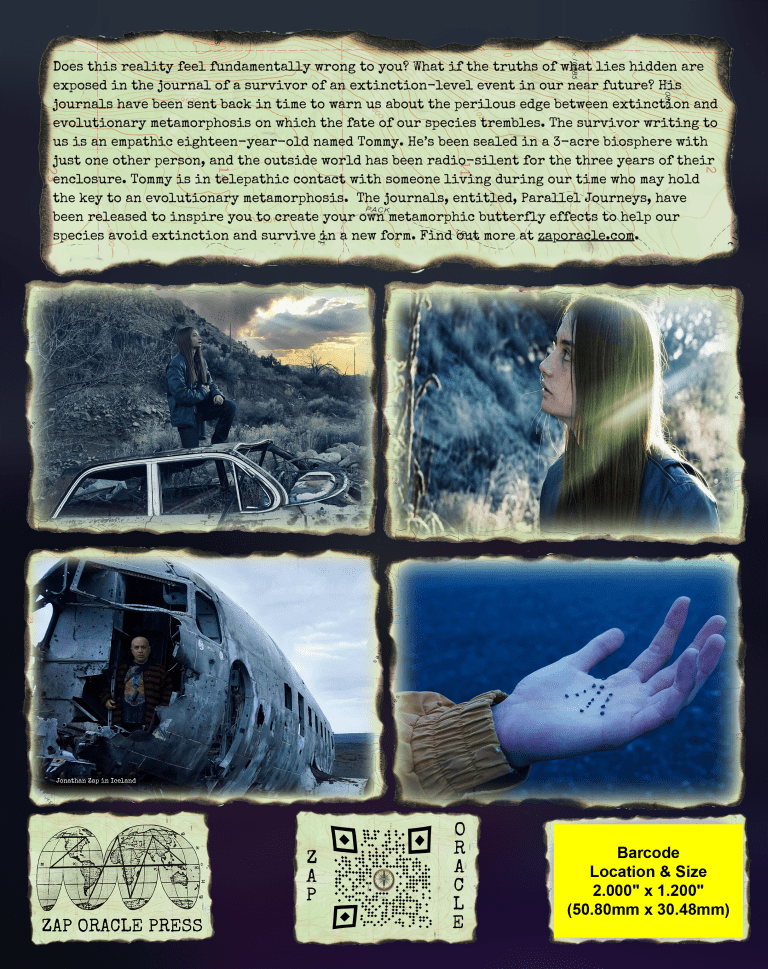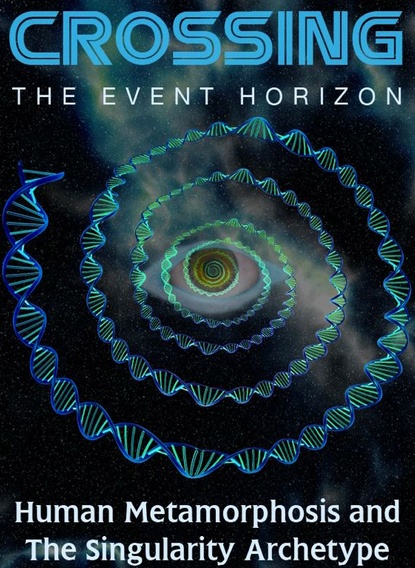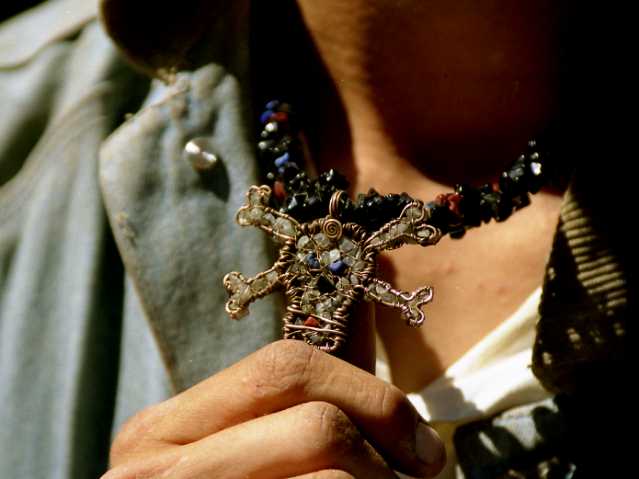Fear of Death
WATCH THIS CARD AS A YOUTUBE
"Our ideas about death define how we live our lives." — Dag Hammarskjold The fear of death (in you or others) is a sometimes hidden, potent force affecting personality and behavior in strange and varied ways. To compensate for this fear, some will seek to control others, objects, money, the appearance of youth, etc., in vain, hollow attempts to stave off the fragility of corporeal incarnation. The fear of death can warp the perception of time, body, money, property, ambition, relationship, power, and many other human attributes. Western culture is in denial of death and encourages us to think we can cheat it through dieting, plastic surgery, cosmetics, exercise, romantic adventures, exciting purchases, and uploading our consciousness into quantum computers. The fear of death seems to be located in the ego, whereas the Self, aware that it did not begin at birth, perceives death as change, not annihilation. The ego may view death as an emergency, but for the Self it may be an emergence. Death is a guaranteed portal, an event horizon, an opportunity to step across the threshold. We cheat ourselves by viewing it negatively or denying its inexorable approach. Tolkien called the desire to avoid aging, "premature immortality," and in his mythology, humans were considered more blessed than elves because their corporeal incarnation had a definite time limit. I can't cheat death, nor would I want to. When I was very young, my fear of death was quite intense, but numerous out-of-body experiences caused the fear to vanish. I directly experienced that not only could my awareness exist outside of my body, it could also be incredibly enhanced by the separation. The view of death as possible annihilation was replaced by a deep intuition of death as an orgasmic portal. Many people brought up in a culture of fundamentalist materialism (also called "scientism") have a bleak view of death. One friend described it as, "It's just lights out and that's it." That friend seemed to pursue physical fitness as a hedge against the approach of death. A careful study of near-death experience findings should be enough to convince an open-minded skeptic that death is an event horizon, not a pit of oblivion. The position of neurological materialism, the belief that consciousness is an epiphenomenon or secondary effect of biochemical process in the brain, is resoundingly and definitively contradicted by NDE findings. Consciousness does not reside in the brain, and electrical activity in the brain is not a prerequisite for consciousness.* (See example of NDE evidence below.) The fear of death is often a function of a life not fully lived, of aliveness rejected or neglected in the present. The fear of death may be a fear of the comprehensive life review that so many near-death experiencers report, a fear of being accountable for a life not fully lived, of a life misused, and of harm done to others. Some visionaries say that the soul may travel on from death, but this survival is not guaranteed. Those who have led dissolute, fragmented lives may not have enough of a center to hold together and may disintegrate at death. To paraphrase FDR, "There is nothing to fear but the fear of death itself." Depending on this card's position, the death element may mean that you are in a phase where an aspect of your old identity may need to die and be reborn. Death means transformation. You may be experiencing some form of necessary ego death. What the ego views as emergency, for the soul may be an emergence. Then, death, so call'd, is but old matter dress'd In some new figure, and a vary'd vest: Thus all things are but alter'd, nothing dies; And here, and there the' unbody'd spirit flies. — Roman poet Ovid in Metamorphoses "What you have perishes; what you are survives beyond time and space." — Death Notice "When the clock strikes me, the powers of being will prevail over the powers that be." — Saul Williams "On__________Jonathan Zap won his long battle with corporeality by dying." (My future epitaph, in my official estate documents.) *The following example of NDE evidence is far from the most impressive but is chosen because of the arch-conservatism of its source — National Geographic — an organization known for its attempts to debunk paranormal claims. Some transcribed excerpts from the National Geographic documentary, The Moment of Death" follow.
Al Sullivan, a man who has survived a multiple-bypass operation, relates, "In the operating room, here comes Dr. Takata, whom I had never laid eyes on before. He introduced himself, "'Hi Mr. Sullivan, good afternoon, I am Doctor Takata.' And he told me what he was going to do: 'We are going to take veins from the legs and take arteries also from the chest wall and probably do four or five bypasses for you.' And I'm listening, listening, and all of a sudden, I don't have to listen to him telling me I can see what he is doing because I found I wasn't there to listen anymore. I just left my body and watched. I can see, but I'm up looking down at them. It used to be me, but it wasn't me because the real me is up here watching. That's when they started putting stuff over my eyes and all kinds of drapes and blankets all around me, and I still, I could see Dr. Takata and his people, and this is another thing, I could see through the operating table and me and I could see what kind of boots he had on. At one point, he stepped back, the surgeon stepped back, and it looked like he was flapping his arms, and I thought: What in the world is he doing that for?" Al continues, "He was orchestrating: Do this, do this, and do that, and it did seem very foreign to me what he was doing." Al demonstrates Dr. Takata's strange movements, his hands to the sides of his chest, elbows bent, twisting around, and pointing with his elbows as he gives commands. Dr. Anthony F. Lasala, MD, a cardiologist at Hartford Hospital, explains: "Dr. Takata, when he's not operating, and trying not to contaminate his hands, will put his hands close to his chest and point with his elbow." Dr. Lasala: "Al Sullivan would not know of this peculiar behavior of Dr. Takata. I did not tell him that." Dr. Takata: "I cannot explain how he saw these things under the complete sleep of anesthesia." Dr. Lasala: "Even if he was conscious, it would be impossible for Al to see Dr. Takata's stance or arm movement because Al was behind a drape that blocks the vision of the patient, and his eyes were taped shut." Some Michael Grosso quotes on death: Whether seen as life's black hole or the gateway to unknown paradise, we live out death in the meaning we give it. Death demythologized enlarges the potential for violence. Death robbed of significance cheapens life. A human being, according to the old view, is an embodied spirit, a center of inviolate value, made to evolve beyond the grave. Seeking inspiration from the muse of death is an old habit of reflective people, whether to discover the goad to authenticity, the grace for stoic resignation or the passion to pursue the divine. My two major works in book form (both available free on this site) concern death as metamorphosis. My non-fiction book on the singularity is about the parallel event horizons of death and species metamorphosis, and my sci-fi epic on the singularity, Parallel Journeys , is about characters who experience death as metamorphosis on every level including species metamorphosis.  Opening premise: Does this reality feel fundamentally wrong to you? What if the truths of what lies hidden are exposed in the journal of a survivor of an extinction-level event in our near future? His journals have been sent back in time to warn us about the perilous edge between extinction and evolutionary metamorphosis on which the fate of our species trembles. The survivor writing to us is an empathic 18-year-old named Tommy. He's been sealed in a three-acre biosphere with just one other person, and the outside world has been radio-silent for the three years of their enclosure. Tommy is in telepathic contact with someone living during our time who may hold the key to an evolutionary metamorphosis. The journals, entitled Parallel Journeys, have been sent back in time to inspire you to create your own metamorphic butterfly effects to help our species avoid extinction and survive in a new form.  Parallel Journeys, can be read free on this site. If you prefer Audible, Kindle or physical versions, those are all available on Amazon.  My book on the Singularity Archetype, Crossing the Event Horizon — Human Metamorphosis and the Singularity Archetype now has a second edition available free on this site. See also: Temporal Fencing and Life Fields Clock Time Metastisizing Toward 2012 |
||||||||



